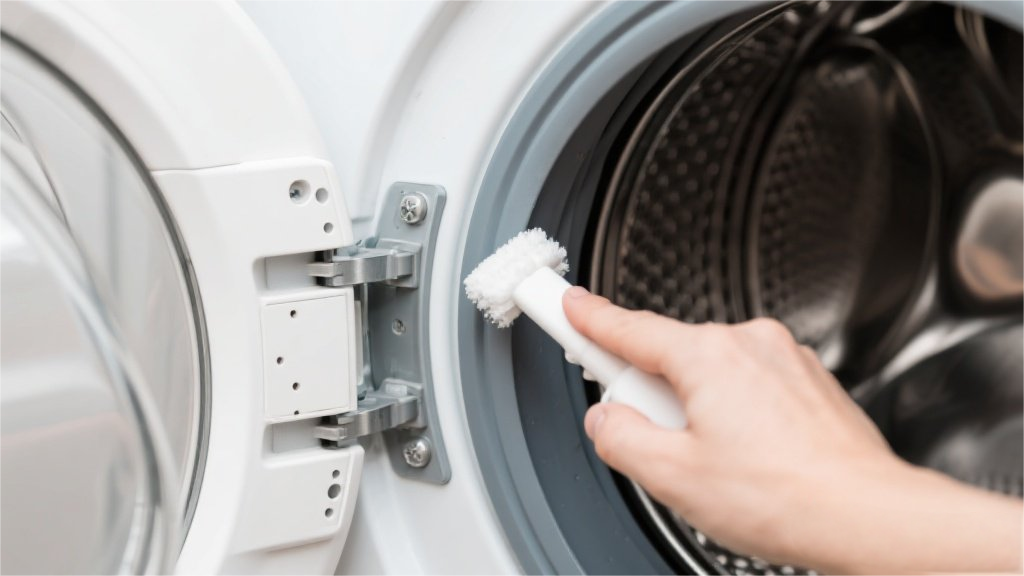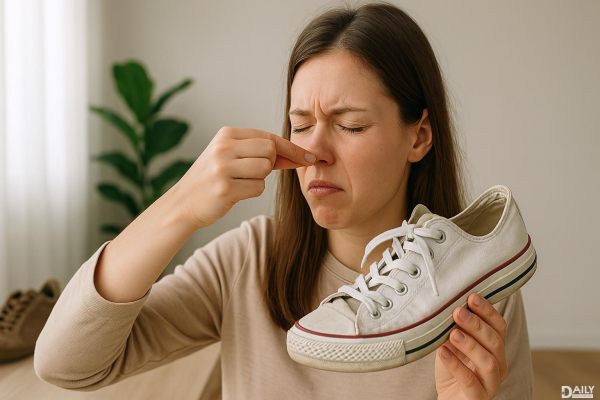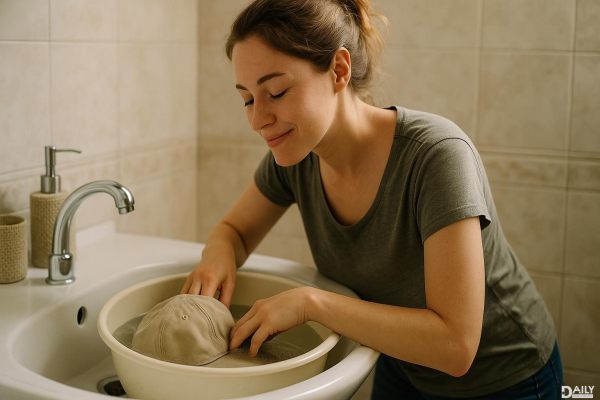Melatonin has become the go-to sleep aid for millions of Americans struggling with insomnia or irregular sleep patterns. Unlike prescription sleep medications, it's widely available over-the-counter, relatively inexpensive, and carries less stigma—making it an attractive option for those seeking better rest. But as its popularity grows, so do questions about its long-term effects and whether users might develop a reliance on it. The truth is, while melatonin isn't chemically addictive in the traditional sense, psychological dependence can develop when people convince themselves they can't sleep without it.
The Science Behind Melatonin and Sleep
Your pineal gland naturally produces melatonin in response to darkness, helping regulate your circadian rhythm—the internal clock that tells your body when to sleep and wake. Light exposure, especially blue light from screens, can suppress melatonin production, which is why sleep experts recommend limiting screen time before bed. Supplemental melatonin works by mimicking this natural process, essentially tricking your brain into thinking it's time to wind down. The key difference? Your body produces just enough natural melatonin to do the job, while supplements often contain much higher doses than necessary—sometimes up to 10 times what your brain would typically release.
Why People Feel "Addicted" to Melatonin
That psychological crutch feeling? It's real. Many chronic melatonin users report anxiety about sleeping without it, even when there's no physiological need for the supplement. This happens because the ritual of taking a pill becomes intertwined with the sleep routine itself—your brain starts associating melatonin with bedtime the same way it associates brushing teeth with waking up. The placebo effect also plays a role; if you believe you need melatonin to sleep, your brain might make that true through sheer expectation. Sleep specialists call this "learned helplessness," where people become convinced they're incapable of sleeping naturally.
Breaking the Cycle Without Losing Sleep
If you're ready to reduce or eliminate melatonin, gradual tapering works better than quitting cold turkey. Start by cutting your dose in half for a week, then halve it again the following week. Pair this with strong sleep hygiene: establish a consistent bedtime, create a relaxing pre-sleep routine (warm bath, reading, meditation), and make your bedroom a screen-free sanctuary. Exposure to morning sunlight helps reset your natural melatonin production, as does regular exercise—just avoid intense workouts close to bedtime. For those who've used melatonin long-term, cognitive behavioral therapy for insomnia (CBT-I) has proven more effective than supplements for creating lasting sleep improvements.
When Melatonin Use Becomes Problematic
Watch for red flags like increasing your dose without medical advice, feeling anxious when you don't have melatonin available, or experiencing daytime grogginess that affects work or relationships. Some users develop a tolerance, needing higher doses for the same effect—a sign it's time to reassess your approach. Certain populations should be especially cautious with melatonin: pregnant women, people with autoimmune disorders, those taking blood thinners or diabetes medications, and anyone with a history of depression (melatonin can sometimes worsen symptoms).
Better Alternatives for Sustainable Sleep
Before reaching for the supplement bottle, try these science-backed sleep boosters: magnesium glycinate (relaxes muscles without digestive side effects), tart cherry juice (contains natural melatonin precursors), or herbal teas like chamomile and valerian root. Temperature regulation matters too—studies show cooling your body by just 2-3 degrees can trigger sleep onset. If stress keeps you awake, try journaling worries before bed or using 4-7-8 breathing techniques. For chronic insomnia, consult a sleep specialist who can recommend personalized solutions beyond over-the-counter aids.
Melatonin serves a purpose for short-term sleep disruptions like jet lag or occasional insomnia, but it was never meant as a lifelong sleep solution. By understanding how melatonin works—and how our habits shape its effects—we can use it wisely without letting it use us. Real sleep health comes from respecting our natural rhythms, not overriding them with supplements. If you're questioning your melatonin use, that's probably your intuition telling you it's time for a healthier approach to rest.
























